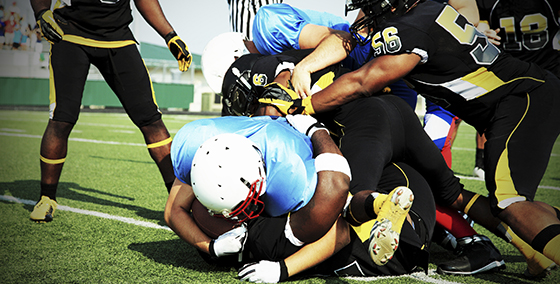
Valentine’s Day can evoke a variety of reactions. The typical image of Valentine’s Day is one of romance with a perfect setting, a perfect meal, and maybe a perfect conversation on the beach, but reality tells us that the perfect experience is rare. However, some may find that Valentine’s Day ushers in a time of disappointment. With all the benefits and exciting possibilities of the holiday, many people find themselves disillusioned and unsatisfied with their experience. This dissatisfaction may even lead to anxiety, depression, or diminished self-esteem.










